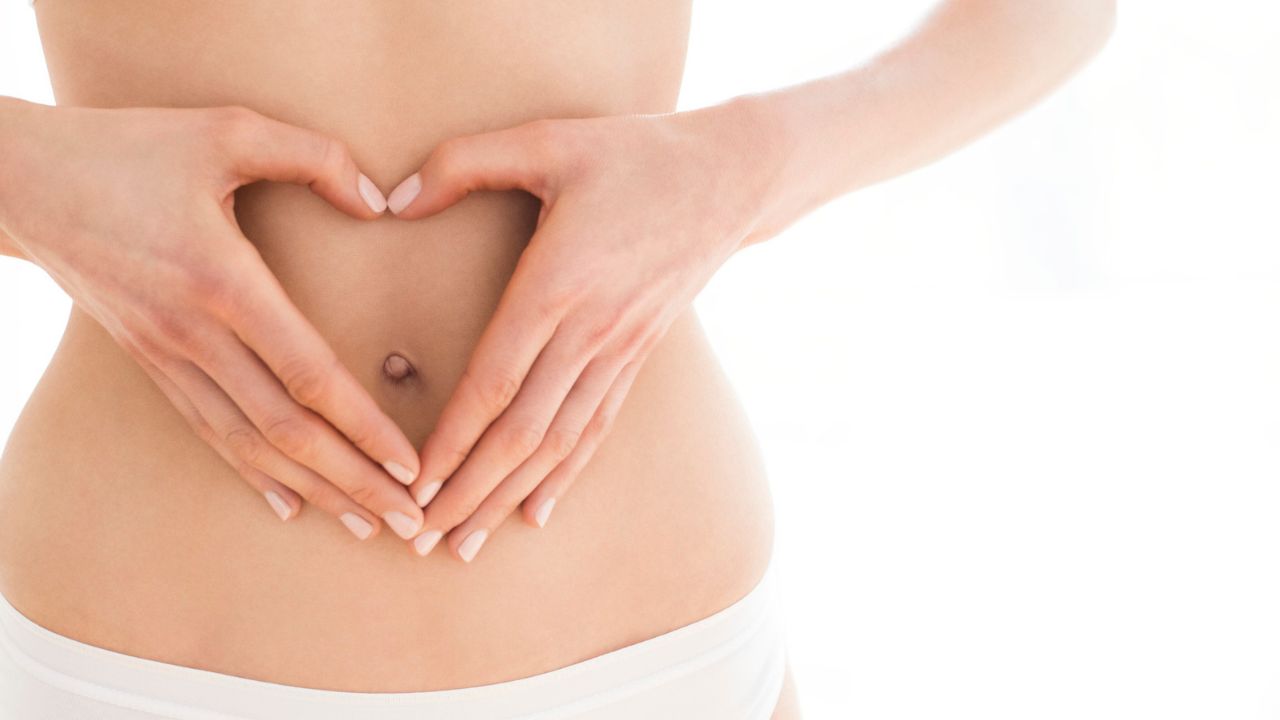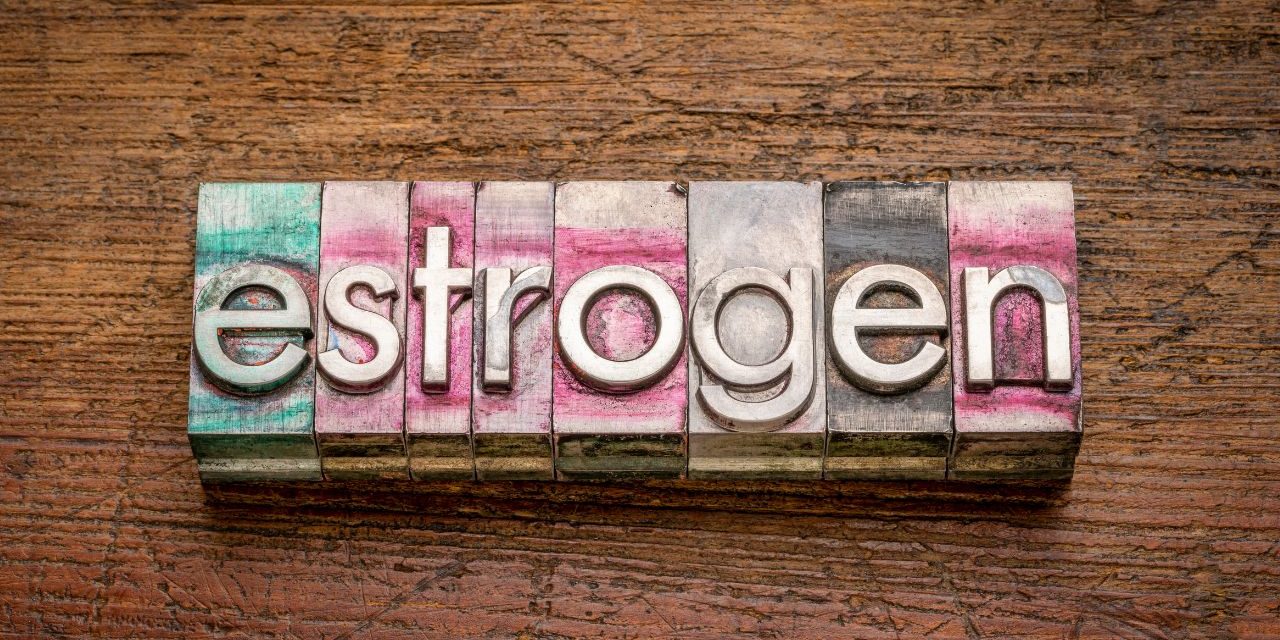I am currently in my 50s, and the chemical changes in my body are profound at this stage.
I have been geeking out on endocrinology papers, trying to wrap my brain around how to make this transition in my life smoother. I feel that I have opened up Pandora’s box on this one; it seems that everyone is an expert, and no one has a clear solution.
For women, estrogen is a big player – no surprise there. There are actually three forms of estrogen – estradiol, estrone, and estriol – and managing the correct ratios of these forms, along with their ratios to other hormones (such as progesterone and testosterone), is a big challenge for the female species living in modern times. The ratios get disrupted through synthetic and bio-identical hormone replacement therapy, cholesterol and other hormones that exist in all animal products, chemical estrogens in the environment known as xenoestrogens, and abnormal production and regulation within the body itself.

Estrogen metabolism mainly occurs in the liver and gastrointestinal tissue. That means we have a whole other level of complication to consider: our gut biome, more commonly known as flora. Antibiotics and diet can greatly influence our gut flora and, therefore, our estrogen metabolism. Several studies indicate a correlation between a high fiber diet and lower amounts of plasma estrogen and, conversely, a high-fat diet with higher amounts of estrogen.
Premenopausal women who follow a plant-based diet tend to have fewer plasma estrogens circulating in their bodies than women who consume animal products (including vegetarians who eat eggs and dairy). A plant-based diet has no cholesterol (the precursor molecule needed to make hormones such as estrogens), no animal hormones, and 9 times less fat. Where there is fat, there is estrogen storage. Plants also have fiber that feeds beneficial gut bacteria that help us metabolize estrogen.
Summary
In summary, the breakdown and excretion of estrogens is an extremely complicated process, and a wide range of factors can influence it. Research seems to suggest that certain components of diet either increase or decrease the metabolism as well as excretion of estrogens. Dietary factors can also shift the production of estrogens from the more potent to less potent ones.
This means the bottom line is: eat more broccoli, less meat and alcohol.







